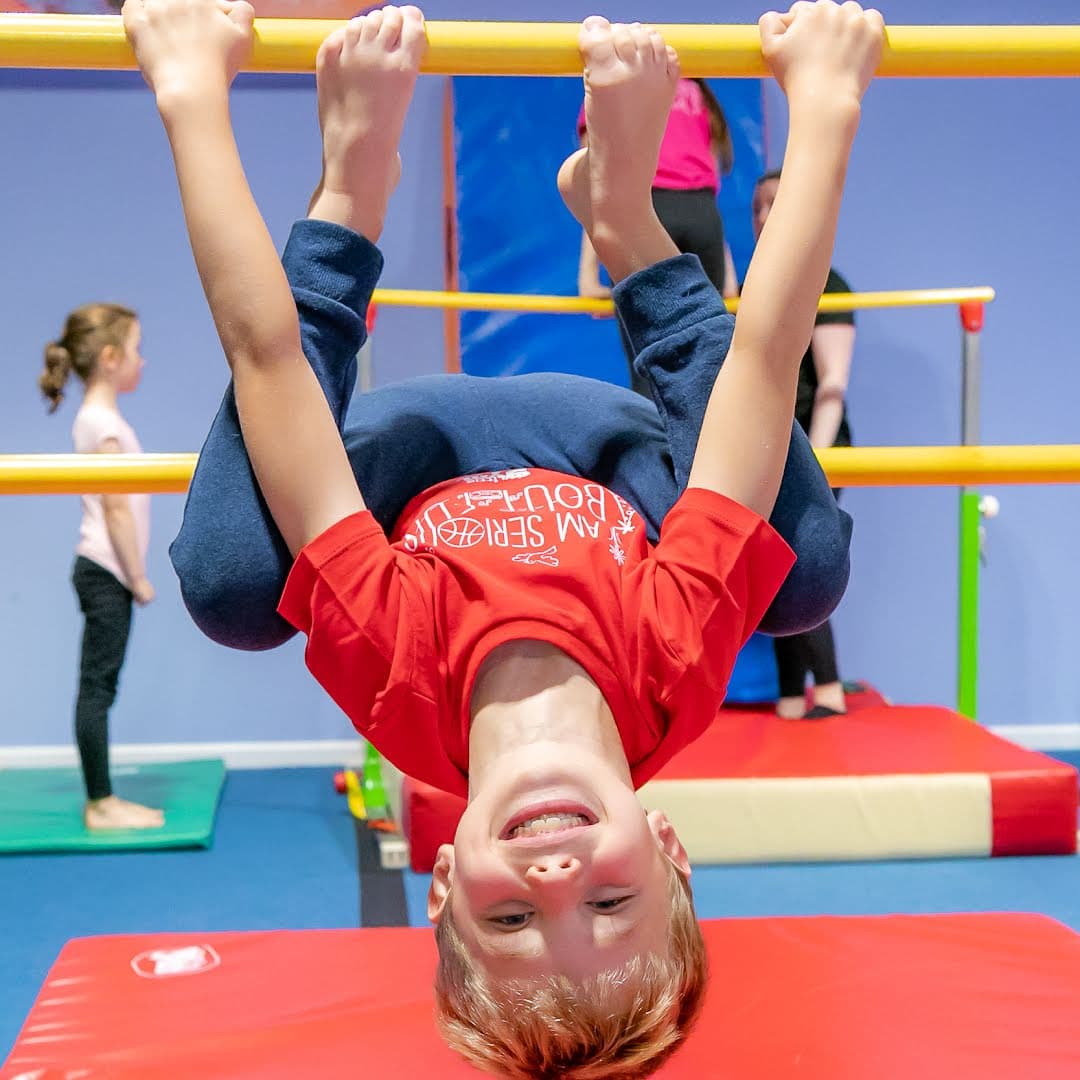<Back to news
8 Jun 2025
So Many After School Activities … Where Do I Start?
Think in Three Dimensions

(as seen in Families Magazine)
Often I hear parents chat about their busy children. Football, netball, rugby, ballet, tennis, swimming. And every week one parent will ask…. “We have so much on, I don’t know what to choose, what would you do?”.
And they’re right to ask the question – it’s a more important question than many parents realise.
Think in Three Dimensions
There are three dimensions to consider when choosing activities to help your child achieve their full potential – their body, brain and social/emotional health.
Our children benefit most when we develop their potential in all three dimensions, creating a strong foundation for children to thrive in the playground, at school, hobbies, relationships, and later, careers.
Body: Their First Dimension
Until the age of eight, your child’s body is their most important teacher, and giving your child opportunities to use their whole body simultaneously helps them be their best not just now, but always.
Children need to work their arms, legs, trunk, and go around, upside down and sideways to fully develop their young body, growing brain and all of their senses.
Very few after school activities provide this whole-body opportunity. For example, football is great for eye-foot coordination but lacks upper body development. Research shows that upper body development is essential for everyday skills such as writing, sitting at a desk, and listening.
Known as the father of all sports, gymnastics simultaneously works your child’s entire body and puts them in control. Strong legs, arms, trunk, enhanced balance, and body control builds confidence and helps your child to thrive.
The Brain
Physical development is not just about the body, it’s about the brain too. Your child’s brain is translating every physical experience, every piece of information their senses receive from the world to inform what they do next. And this ‘next’ is called their behaviour!
The better integrated your child’s body is with their brain, the more organised and relaxed they will be, the better they will be at self-managing, and the better foundation they will have to be contented and balanced kids.
Even with all the activities for children today, there is no other sport that replicates that natural need for climbing a tree, rolling down a hill, and testing a branch to see if it will hold your weight – experiences that encourage not just physical development, but brain development too.
Social & Emotional Health
Our children are surrounded by structure. Structure at school, in highly structured activities, during the week and on weekends. Structure everywhere!
It’s important to teach our children order and organisation. But constant structure denies children the opportunity to experiment with their physical capabilities, explore their imaginations, tap their creativity, and achieve learning balance.
Too much structure also undermines children’s developing resourcefulness, adaptability, resilience and problem-solving skills – all critical elements of emotional intelligence needed for school, sports, relationships, and future careers.
That’s why we make sure every class at The Little Gym gives your child an opportunity to explore independently, take risks, progress at their own pace, celebrate their successes, learn from mistakes, and have FUN learning.
Gymnastics: The Foundation for All Sports
Football, swimming, karate, ballet – all wonderful sports. But developmental gymnastics is the one sport that gives your child a springboard for all of them… and the rest of their life too!
Author:
Matina Macintyre
Co-Owner & Lead Teacher
The Little Gyms of Windsor & Handy Cross